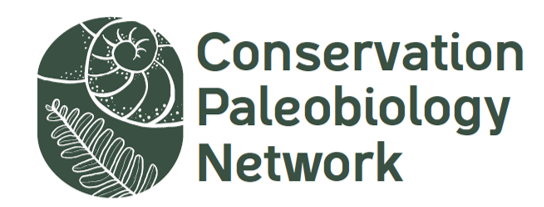Research Highlight: Caribbean’s Anthropocene biota
The Caribbean, a biodiversity hotspot, has experienced multiple distinct waves of colonization beginning around 7,000 years ago. As a result of human migration and extensive trade networks, this insular system has undergone intense cultural, economic, and demographic changes, which have, in turn, triggered substantial ecological change.





